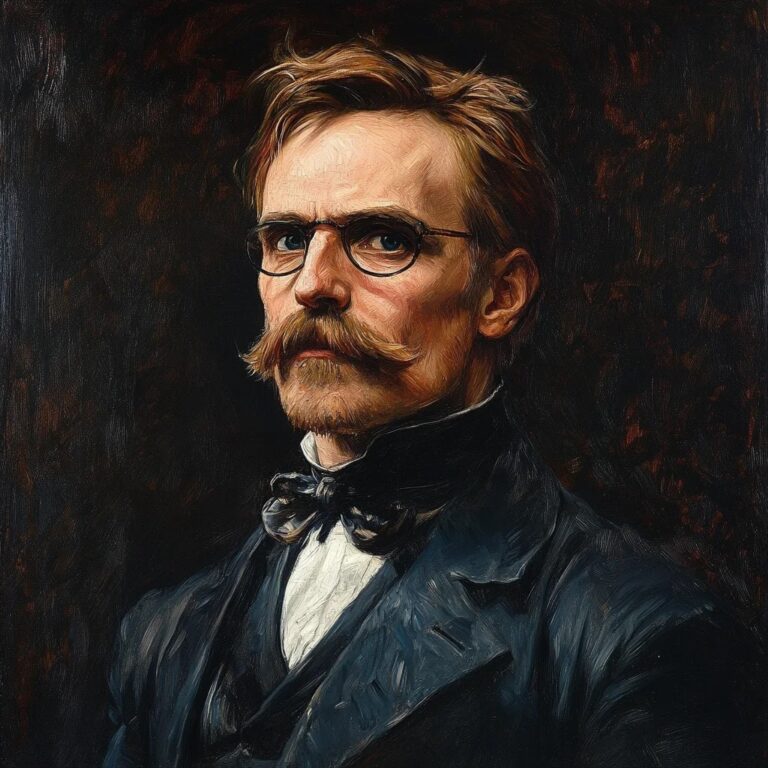Princess Diana was born on July 1, 1961, as Diana Frances Spencer, into a family of British nobility with close ties to the royal family.
Diana's parents divorced when she was just seven years old, an event that had a significant impact on her childhood.
She became Lady Diana Spencer when her father inherited the title of Earl Spencer in 1975.
Before her engagement to Prince Charles, Diana worked as a nursery school assistant in London.
Diana and Prince Charles were married on July 29, 1981, in a globally televised ceremony watched by over 750 million people.
Diana was known for her impeccable sense of fashion, often setting trends with her clothing choices. She became a fashion icon in the 1980s and 1990s.
She was a dedicated humanitarian, working with over 100 charities during her lifetime, including those focused on homelessness, leprosy, and HIV/AIDS.
Princess Diana famously walked through an active minefield in Angola in 1997 to raise awareness about the dangers of landmines, contributing to the eventual signing of the Ottawa Treaty to ban them.
She was the first member of the royal family to give birth in a hospital, a break from the tradition of home births within the royal residences.
Diana was an avid dancer and once secretly took ballet lessons, a passion she had nurtured since childhood.
Her sons, Prince William and Prince Harry, were central to her life, and she was known for her hands-on approach to motherhood, often seen engaging in everyday activities with them.
Diana's official residence in London was Kensington Palace, where she lived both during and after her marriage to Prince Charles.
In 1996, Princess Diana and Charles divorced, but she retained her title of Princess of Wales and continued her charitable work.
She was known for her warmth and approachability, often engaging directly with the public during royal engagements, which endeared her to millions worldwide.
Princess Diana tragically died in a car crash in Paris on August 31, 1997, leading to an outpouring of grief and tributes from around the globe.


